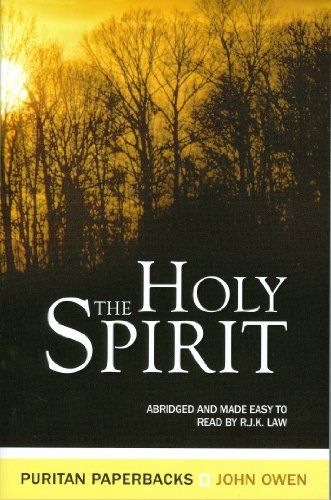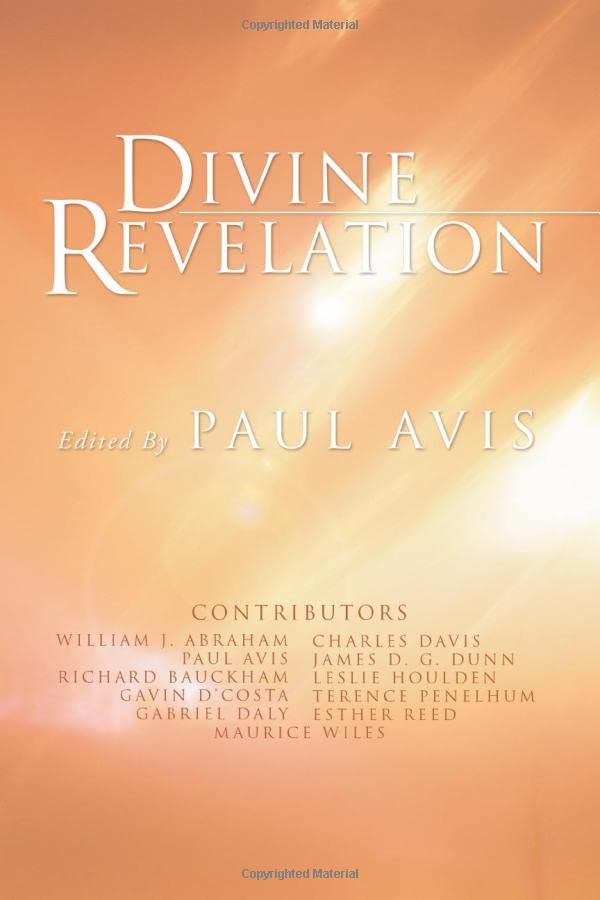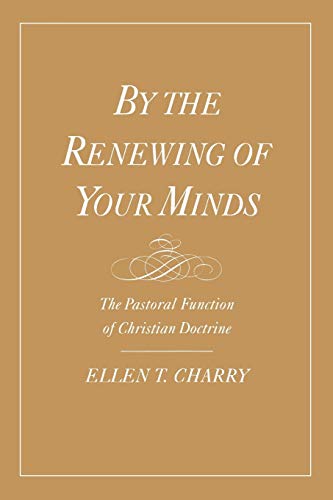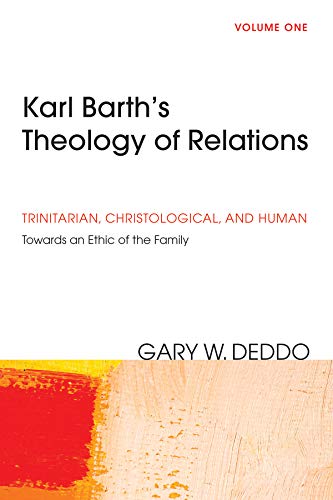Troubling Jeremiah (JSOTS 260)
Written by A.R. Pete Diamond, Kathleen M. O’Connor & Louis Stulman (eds) Reviewed By Hetty Lalleman-de WinkelSince Duhm the Book of Jeremiah has been the object of multifaceted investigation. Indeed, the whole range of exegetical methods employed by OT scholars has been attested the history of its research. This symposium reflects the broad range of Jeremiah studies at the turn of the millennium. However, it does not offer a complete overview, since conservative or evangelical perspectives are hardly mentioned.
Most of the contributions to this volume were originally presented to the Composition of Jeremiah Group at the annual meetings of the Society for Biblical Literature. Overviews of recent research and evaluations of it are given towards the end of the book. It would be more helpful for the reader if the excellent survey of L. Perdue (320–38) appeared at the beginning.
Part I of the book contains academic, technical essays. These illustrate the comment of W. Brueggemann in Part IV: ‘scholarship has moved decisively from diachronic to synchronic ways of reading’ (405). Attention is given to rhetorical analysis, feminist interpretation, etc., while questions of history and the historical Jeremiah are neglected, even though Perdue and L. Boadt (339–49) stress their importance. Thus the book reflects post-modernism, where meaning is determined not by the author but by the readers, who are themselves shaped by many different voices and influences. Does this approach not reflect the difficulty of finding coherence in the Book of Jeremiah itself?
There are other ways of reading Jeremiah, notably the more historical-theological approach of W.L. Holladay, D.R. Jones, J.G. McConville and others. However, this is sharply criticised by R.P. Carroll, who talks of ‘simplistic assumptions … [which] border on a fundamentalism in the reading of ancient texts’ (437).
A clue to the interpretation of Jeremiah may be found in Jeremiah 3:1–5, where the urgent question is whether God will return to his people. In the course of the Book it is answered positively (e.g. 32:26). The feminist essays on Jeremiah 2 and 3 offer a different view: the abandoned husband, God, casts away his wife once and for all.
Those engaged in detailed Jeremiah studies must certainly consult this book. Yet the main part of it reflects a post-graduate, academic discussion which is not of great help for exegesis in the context of the Church.
Hetty Lalleman-de Winkel
Spurgeon’s College, London







